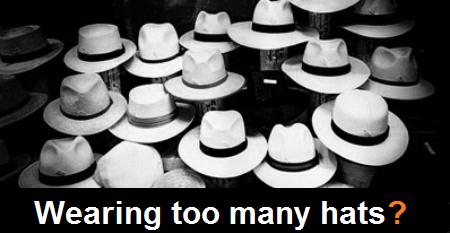Executive coaching was nearly unheard of in India 15 or so years ago. Today is much different. Now there are thousands of certified executive coaches and multiple ICF chapters engaged in helping executives and their organizations succeed.
Indian companies are engaging this skilled cadre of coaches to help nurture and develop leaders ripe for transitioning to senior roles, they are improving performance with leaders advancing from lower internal positions and seasoned executives alike. Recently, many organizations in India have also realized the benefits of transition coaching after an executive search placement.
From ingraining company culture, building relationships with stakeholders, and bringing enhanced clarity during the transition. Coaching executives following placement has proven a worthy investment by reducing turnover in companies and accelerates the ability for the new executive to make an impact and build trust with their team. Coaches are ultimately earning their place in corporations as an integral role for shaping the conditions for an executive team to gel and succeed faster.
Engaging an executive transition coach is boosting the success rate of executives in senior roles in India. Here’s why:
Improves self-awareness among senior leaders.
- Senior leaders are increasingly required to prove their mettle right out of the gate, especially when arriving from a larger organization. That’s why they must become more self-aware and build self-confidence so that they can bring their A-game to the table right from the outset.
- The transition coaching of senior leaders can play an inherently supportive role in fostering self-awareness. A great executive coach has a way of bringing out the best of senior leaders. With the right questions and guidance, the coach will support new executives to act appropriately, become more self-aware, and work collaboratively to create a conducive environment for all.
Helps executives understand the company values and cultures.
- Moving to a new organization presents a set of challenges as far as culture shock goes. Recruiters may have done their homework during the executive search to ensure that only candidates with the right cultural fit make the cut. However, most new execs need the help of a coach to effectively identify their preconceptions that may not go in line with the new organizational culture. This way, they can also understand the company values and cultures for better results and cohesion going forward.
Brings more clarity during the transition.
- A good coach can give guidance and correction to the new executive without causing resentment. Even the most senior leaders recognize that they require some degree of external support to understand and get clarity on their emotional triggers and thought patterns to integrate better and be more successful and productive.
Intangible skills- the most important piece of the executive search placement puzzle.
- We meet highly gifted and competent executives post-placement while providing transition coaching. They usually possess a tangible set of management, decision-making, and other technical leadership skills that were the primary criterion for their selection and placement. Nonetheless, we’ve found that tangible skills like technical ability in and of itself aren’t always enough for adapting to a new senior role successfully, intangible skills like empathy and building trust are extremely important when an executive is navigating change in a new organization.
For leaders in human resource and talent acquisition roles, an investment into professional coaching for your team will pay dividends for your organization and the executive team for years to come. A sharp coach can help an executive quickly understand where to prioritize effort, dive in, draft an action plan, and get organizational results.
Working with a coaching professional is a legitimate career accelerator, and the benefits can be limitless. Our executive search firm offers transition coaching to our clients to help the newly appointed executive refine big ideas, architect change in a new culture, and evolve one’s executive leadership style to maximize business impact early on.







